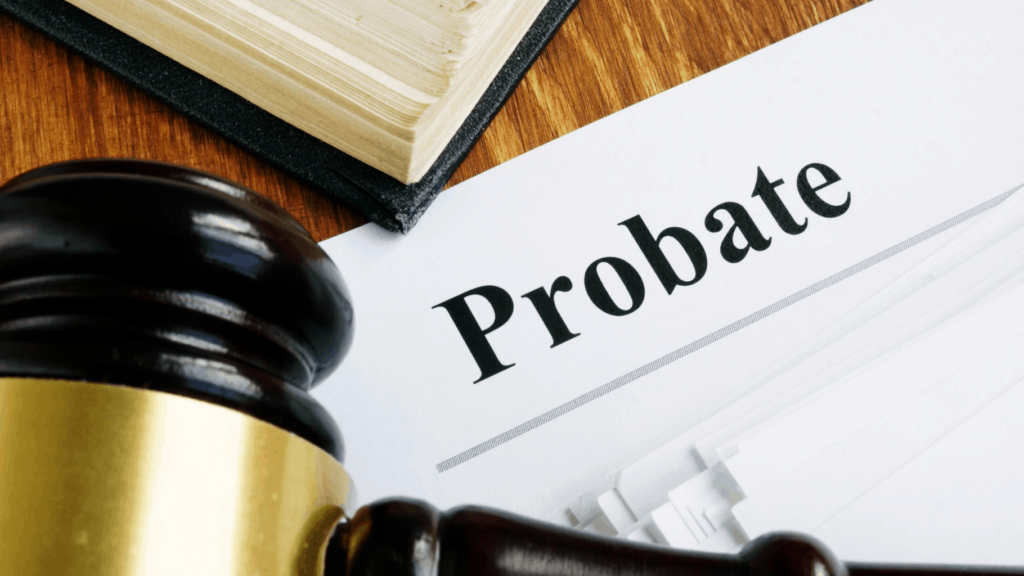
Even if you didn’t think a will was important in the past, the last 18 months of Covid-19 will undoubtedly have changed your mind! But the other topic that’s being discussed at length is trusts. Both are legal documents that detail how you want your assets to be distributed but there is a fundamental difference between a trust and a will.
Whilst estate planning via a will is vitally important, a trust could be just as beneficial, if not more so; or, indeed, combining the two may be the ultimate solution. So, to help you decide whether you need a will, a trust or both, let’s clarify what a will is, what a trust is, and how they may be beneficial for you.
What is a last will?
A last will details your wishes and who benefits from assets and/or property, i.e. your estate, after you die. In the majority of cases, you will appoint an executor, or executors, in your will and it is their job to manage your estate upon your death, including selling any property, paying outstanding bills, as well as dealing with HMRC to pay any inheritance tax due. One thing to point out; before you assign an executor(s) to your will, make sure you have asked that person, or persons, if they are happy to take on the role as it is demanding and involves a lot of paperwork!
You are only allowed to include any assets or property that you own, i.e. they are in your name only. So, if the property you live in is jointly owned with your spouse or partner, it will automatically revert to them upon your death.
What is a living trust?
A living trust is a form of will in which your beneficiaries will benefit from your property and/or assets but while you are still alive. You appoint trustees to oversee the management of the trust and hold legal title to the assets defined in the trust upon your death. There are a number of reasons why you may choose a trust over a will, including:
● You’d like your beneficiaries to benefit from your assets while you are alive, i.e. paying school fees
● You want to protect your property and/or assets from paying less, or no, inheritance tax
● Your beneficiary is not able to fully benefit from your assets as they are incapacitated.
Differences between a last will and a living trust
The main difference between a last will and a trust is that a will only comes into force when you die, whilst a trust can start to benefit your chosen beneficiaries while you are still alive.
The main benefits of a will over a trust is that you can name guardians for any minor children, appoint an executor to handle your estate upon your death to relieve the burden from your loved ones, and detail your final wishes.
Just because there is a last will doesn’t mean the executors of your will don’t have to apply for probate. If your estate is valued at more than £5,000 in total, they must apply for probate. If there are very few or no assets in your estate and its value is less than the £5,000 benchmark, probate is not always necessary.
With a living trust, you maintain control over the trust and how it is managed until your death, at which point the appointed trustees take over and administer the trust according to your wishes. For example, if a beneficiary receives an interest payment from the trust and it is your wish that they don’t have access to the trust in full until they are 21 years of age, but you die before they reach this age, the trustees will continue to ensure the interest payments are made until that person reaches 21 years old.
Assets in a living trust are not part of the probate process and are therefore protected from inheritance tax. In addition, jointly owned assets and property can also be included in a trust, whereas they can’t in a last will.
Whereas a last will ‘leaves’ assets and property to a beneficiary and is therefore subject to probate as well as inheritance tax, assets and property in a living trust are owned by the trust, i.e. they have been transferred to the trust. This means they are not subject to probate as they can’t be ‘passed on’. The grantor is a trustee of their own living trust and manages the assets and property within it until they die, at which point successor (named) trustees take over the role. They will administer the trust and either continue its management for a period of time or distribute its property to your named beneficiaries in the trust documents.
Because of the probate process, your assets and property detailed in a last will are a matter of public record. It is filed at the courthouse and anybody can access the details. However, a trust is a private record that only you, the appointed trustees and the beneficiaries have access. The only time that this would change is if a beneficiary or heir challenges the trust’s validity and files a lawsuit, at which point the trust documents become evidence.
Can I have a last will and a living trust?
Estate planning via a will is just one option of protecting your assets and property upon your death and ensures the people you wish benefit actually do. But combining it with a living trust, particularly if your estate is large and complex, ensures the best financial and legal protection for your estate.
However, to combine the two, it’s better to have a Pour Over Will which is designed to specifically work with a living trust. Essentially, it means that any assets or property you own that isn’t included in your trust will be transferred to your trust upon your death.
If you’re not sure what type of will or trust is right for you, contact us at Probates Online. We offer a professional online probate service that is efficient and affordable. If you are an Executor of a will or a trustee, or a close relative of a deceased person and you need to apply for a Grant of Probate, or would like to take advantage of our entire Estate Administration service, visit our website for more information or contact us today.

